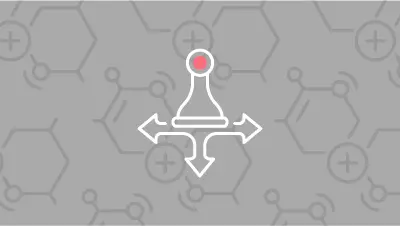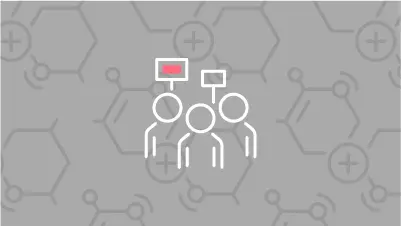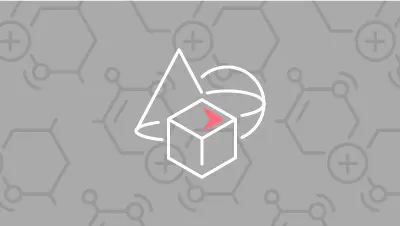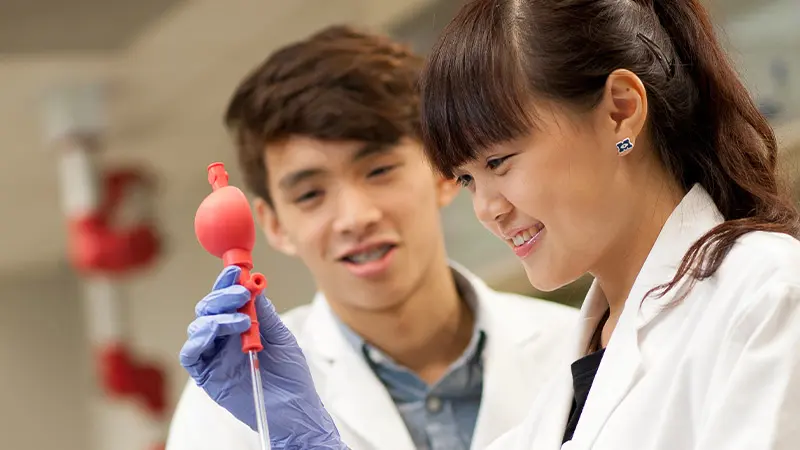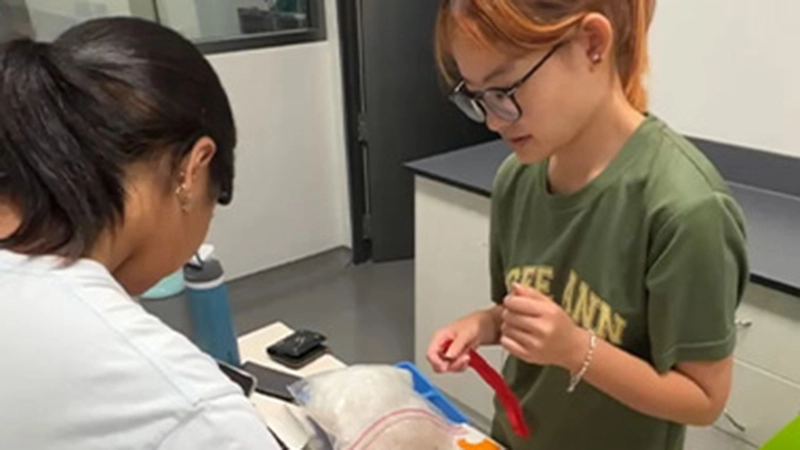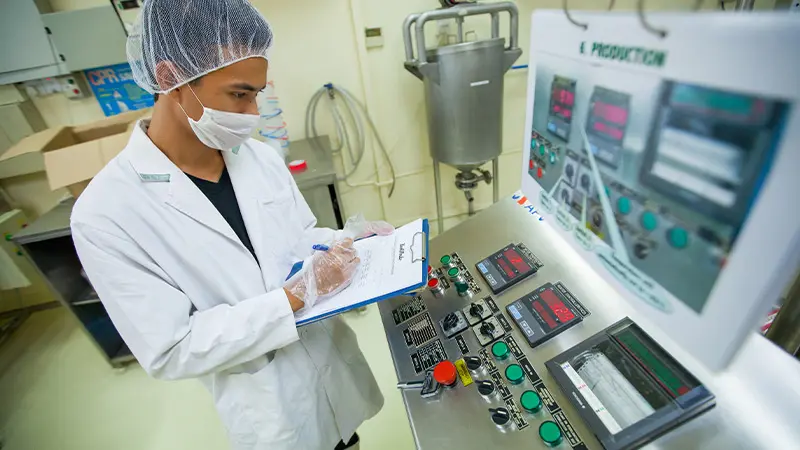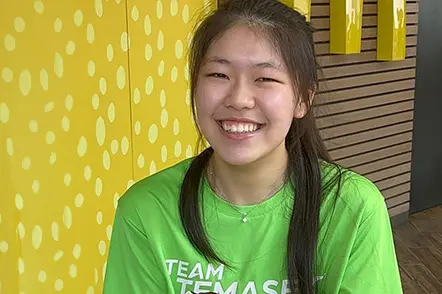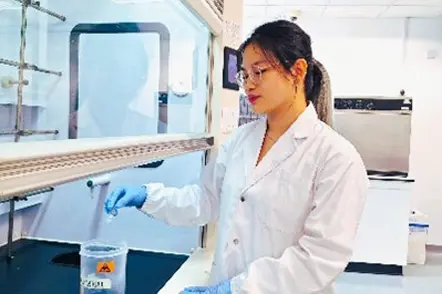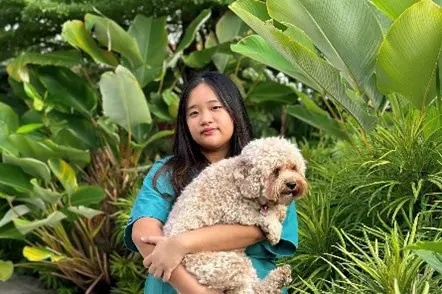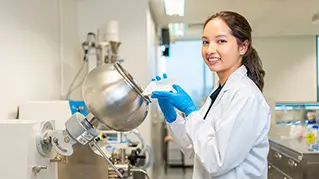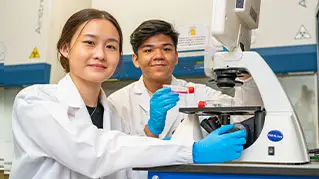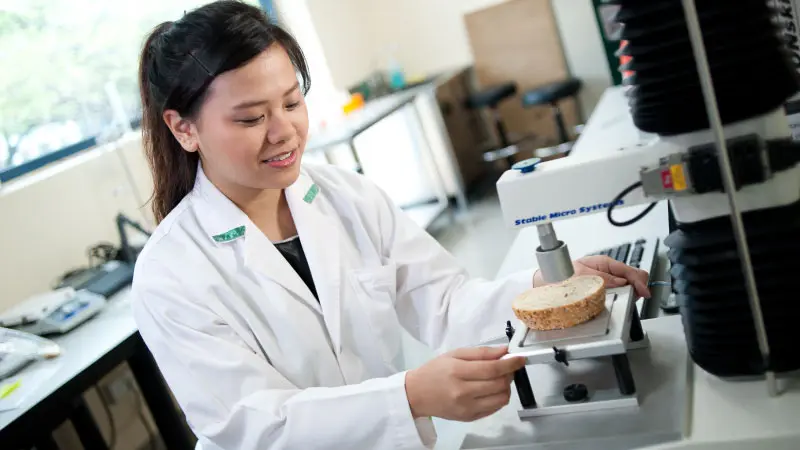Course Overview
Love science but still figuring out which science field sparks your curiosity? The Common Science Programme at TP is your perfect launchpad. Designed for curious minds, this one-semester programme gives you the time and space to explore different science disciplines and discover how they connect to your aspirations and real-world careers, before choosing a diploma course.
Through a broad-based curriculum, you will uncover your strengths and interests in key areas of applied science such as chemistry and microbiology, while developing industry-relevant foundational skills in laboratory safety, sustainability and scientific digital tools, plus earn the industry-recognised bizSAFE Level 2 certification awarded by the Workplace Safe and Health Council.
Outside the classroom, you will also enjoy opportunities to take part in Education and Career Guidance (ECG) activities that are specially curated to help you make informed choices about your future. These include:
- Course sharing sessions with lecturers, current students and alumni.
- Industry talks, on-site visits, mentorship opportunities and hands-on taster workshops that bring diploma
courses to life.
- Reflective exercises and course counselling to help you align your strengths with future opportunities.
By the end of the programme, you will be set to confidently choose a diploma course that aligns with your passion and continue to pursue a diploma that leads to rewarding careers in chemical manufacturing, food and health industries, biomedical research, pharmaceutical development, or veterinary care:
T33 Chemical Engineering
T26 Food, Nutrition and Culinary Science
T64 Medical Biotechnology
T25 Pharmaceutical Science
T45 Veterinary Technology
Explore boldly, choose wisely. Join the Common Science Programme today!

